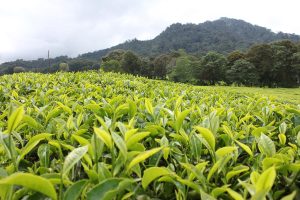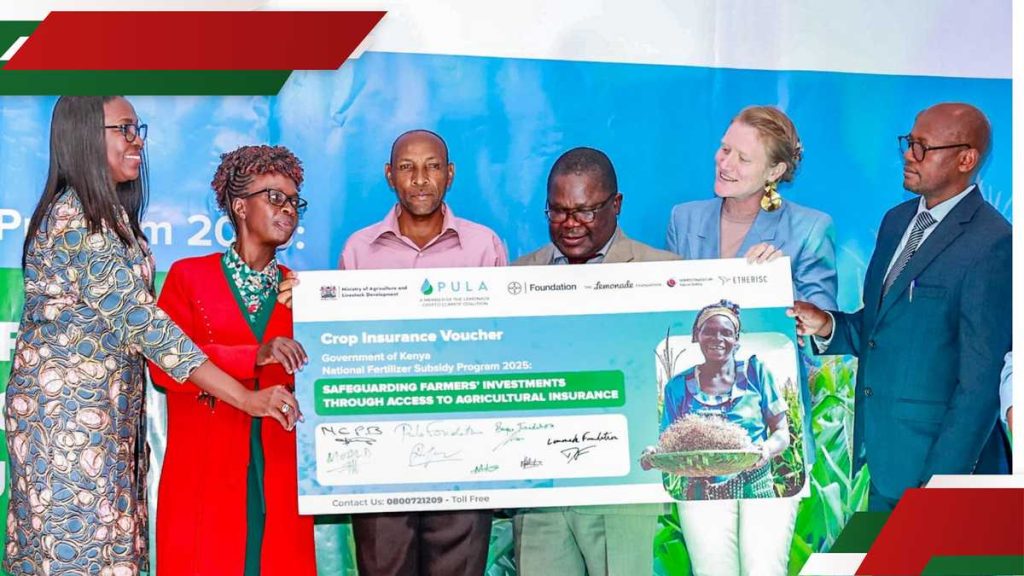
Farmers-Mary-Muendo-and-Nahashon-Mututu-Centre-receive-a-sample-crop-insurance-voucher-from-the-Ministry-of-Agriculture-and-Livestock-Development-and-PULA-s
- Strengthening Farmer Resilience in Kenya’s National Fertilizer Subsidy Program Through Integrated Agricultural Insurance;
The Ministry of Agriculture and Livestock Development, in partnership with Pula, Bayer Foundation, Lemonade Foundation, SOMPO Digital Lab, and Etherisc, has launched a climate risk resilience initiative that integrates climate-smart insurance into Kenya’s National Fertilizer Subsidy Program.
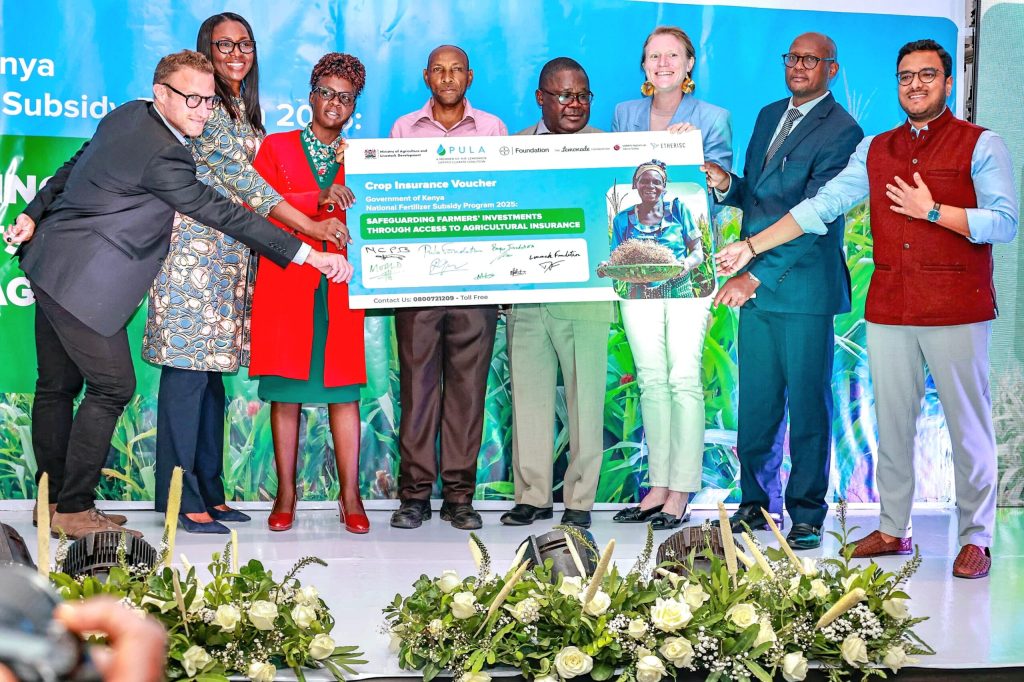
This marks a major milestone in the country’s strategy to build resilience among smallholder farmers.The initiative, the first of its kind in Kenya and in the broader region, will be piloted across 11 counties and is expected to reach approximately 250,000 crop farmers before expanding nationwide.
The Pilot phase rollout will cover Makueni, Machakos, Kisii, Migori, Meru, Nyeri,Trans-Nzoia, Kakamega, Kericho, Nakuru, and Uasin Gishu counties, ahead of a national scaleup next year.
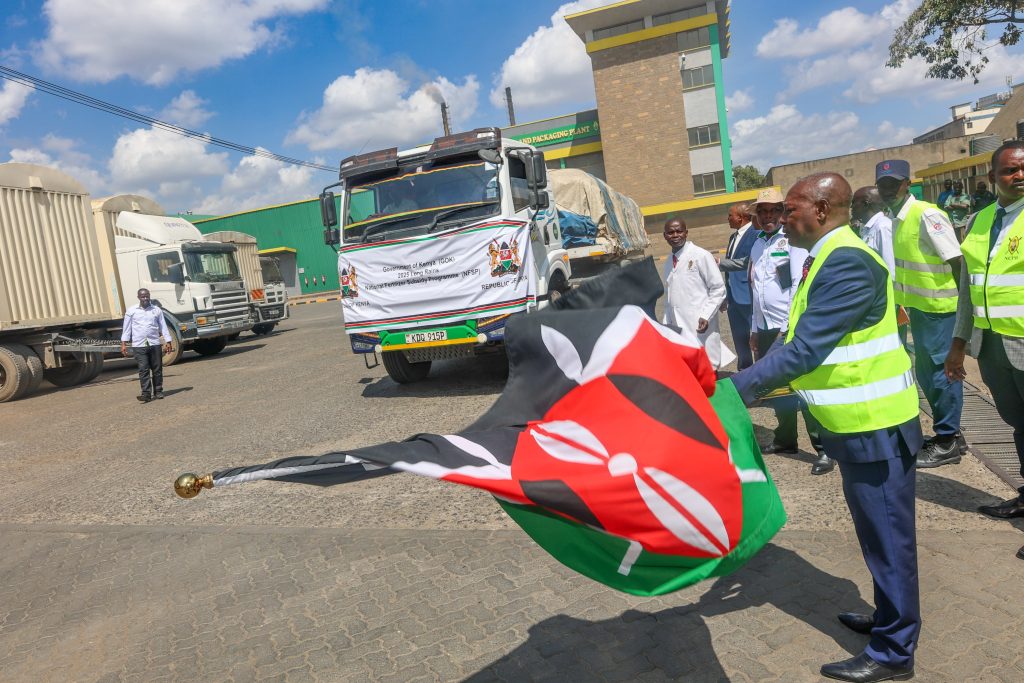 In future seasons, the program will expand its coverage and deploy innovative public-private financing mechanisms to reduce vulnerability and promote sustained investment in agricultural inputs.
In future seasons, the program will expand its coverage and deploy innovative public-private financing mechanisms to reduce vulnerability and promote sustained investment in agricultural inputs.
The program, will improve uptake and confidence in the fertilizer subsidy program by offering value-added services.
For this season, each farmer registered on the Kenya Integrated Agriculture Management Information System (KIAMIS), in the beneficiary counties, will be offered insurance coverage for Ksh. 7,000, which is equivalent to the investment needed for two bags of subsidised fertilizer which they procure from the government. For subsequent seasons, the coverage amount and number of beneficiary counties will be increased.
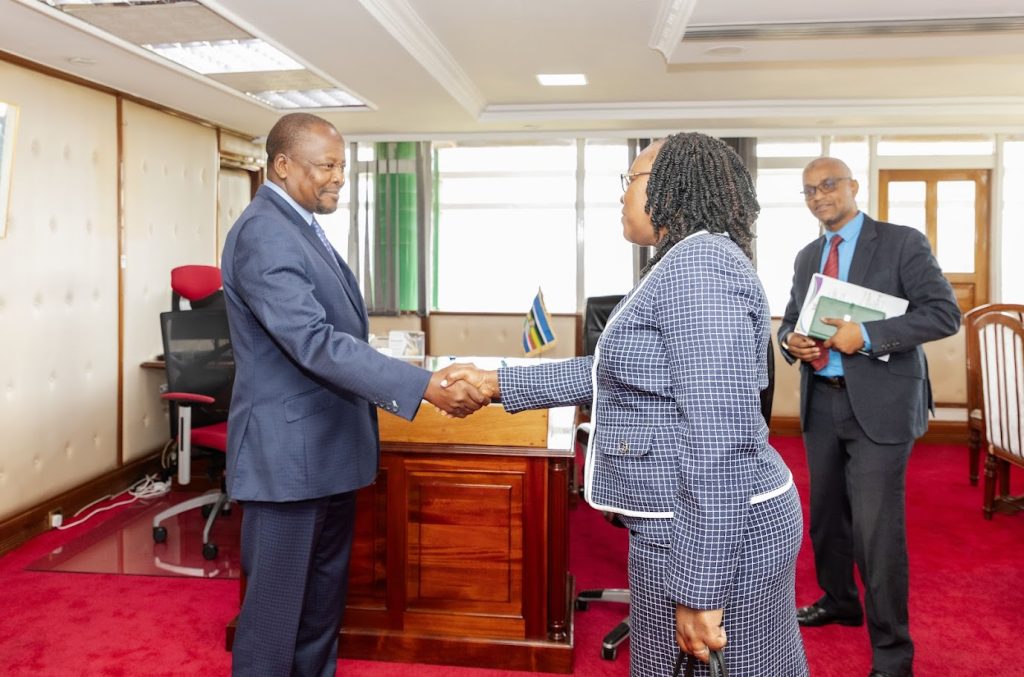
Farmers are automatically enrolled in the insurance scheme when receiving their subsidized fertilizer, an essential step in the success of this public-private partnership initiative.
The initiative is designed to de-risk smallholder farmers from climate-related threats, marking a major shift toward inclusive insurance at scale.
“This partnership is about creating meaningful access to resilience,” said Mildred Nadah Pita,
Head of Public Affairs, Science & Sustainability, Africa at Bayer.
“At Bayer Foundation, we believe that insurance shouldn’t be a privilege for a few, but a tool that empowers underserved farmers, especially women and youth, to thrive in the face of climate change.”
“The future of climate protection in agriculture lies in scalable, digital-first solutions. By leveraging digital infrastructure and integrating with mobile wallets, we ensure that farmers are paid,transparently and rapidly, when it matters most.” said Dimitri Fishler, Strategy and Operations Lead at the Lemonade Foundation.
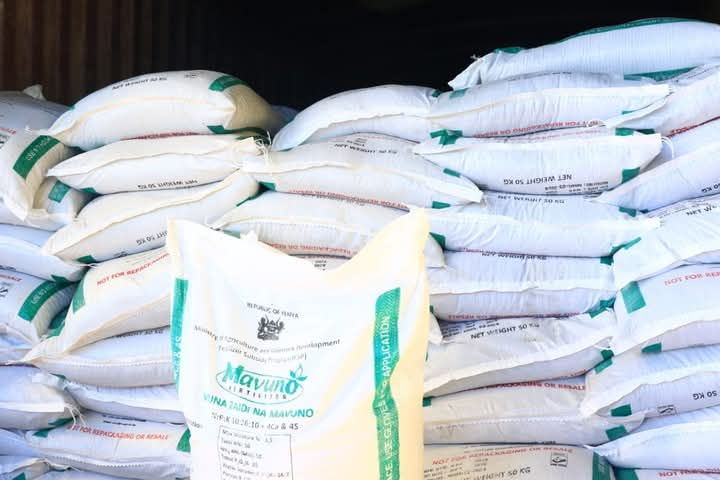 The 2025 rollout builds on years of successful pilot programs, which reached thousands of farmers.It leverages Pula’s proprietary tools—the Pula Insurance Engine (PIE) and Mavuno, an AI-powered farmer registration platform—alongside weather, satellite, and on-ground data to
The 2025 rollout builds on years of successful pilot programs, which reached thousands of farmers.It leverages Pula’s proprietary tools—the Pula Insurance Engine (PIE) and Mavuno, an AI-powered farmer registration platform—alongside weather, satellite, and on-ground data to
monitor rainfall, pests, and diseases. If yields fall below a set threshold, insured farmers receive timely payouts in cash or inputs.
“Together, we are transforming how agricultural subsidies work,” said Thomas Njeru, Co-founder and CEO of Pula Advisors. “We deliver dignity, resilience, and predictability to farmers who feed our nation.” Agriculture contributes 33% to Kenya’s GDP and employs over 70% of the rural population.
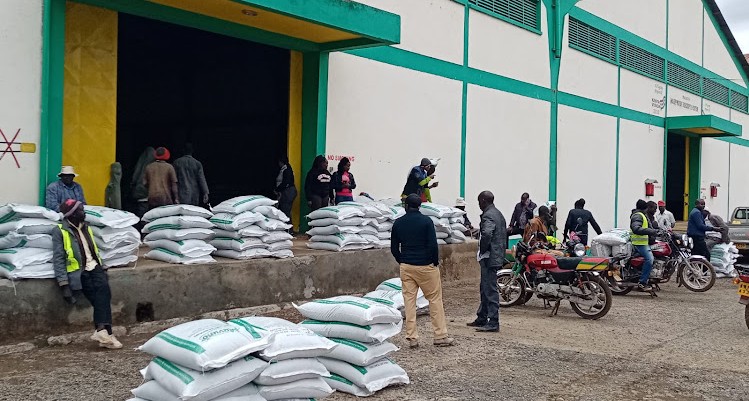
Yet, fewer than 5% of farmers have access to formal insurance.
By embedding risk protection into essential government services, this initiative aims to stabilize rural incomes, unlock financing, and foster long-term food security.
The project underlines the Ministry of Agriculture’s commitment to shielding farmers from the mounting impacts of climate change, while building a sustainable and resilient agricultural economy.
This collaboration illustrates the power of public-private partnerships to drive food security, de-risk rural investments, and enable climate adaptation at scale


